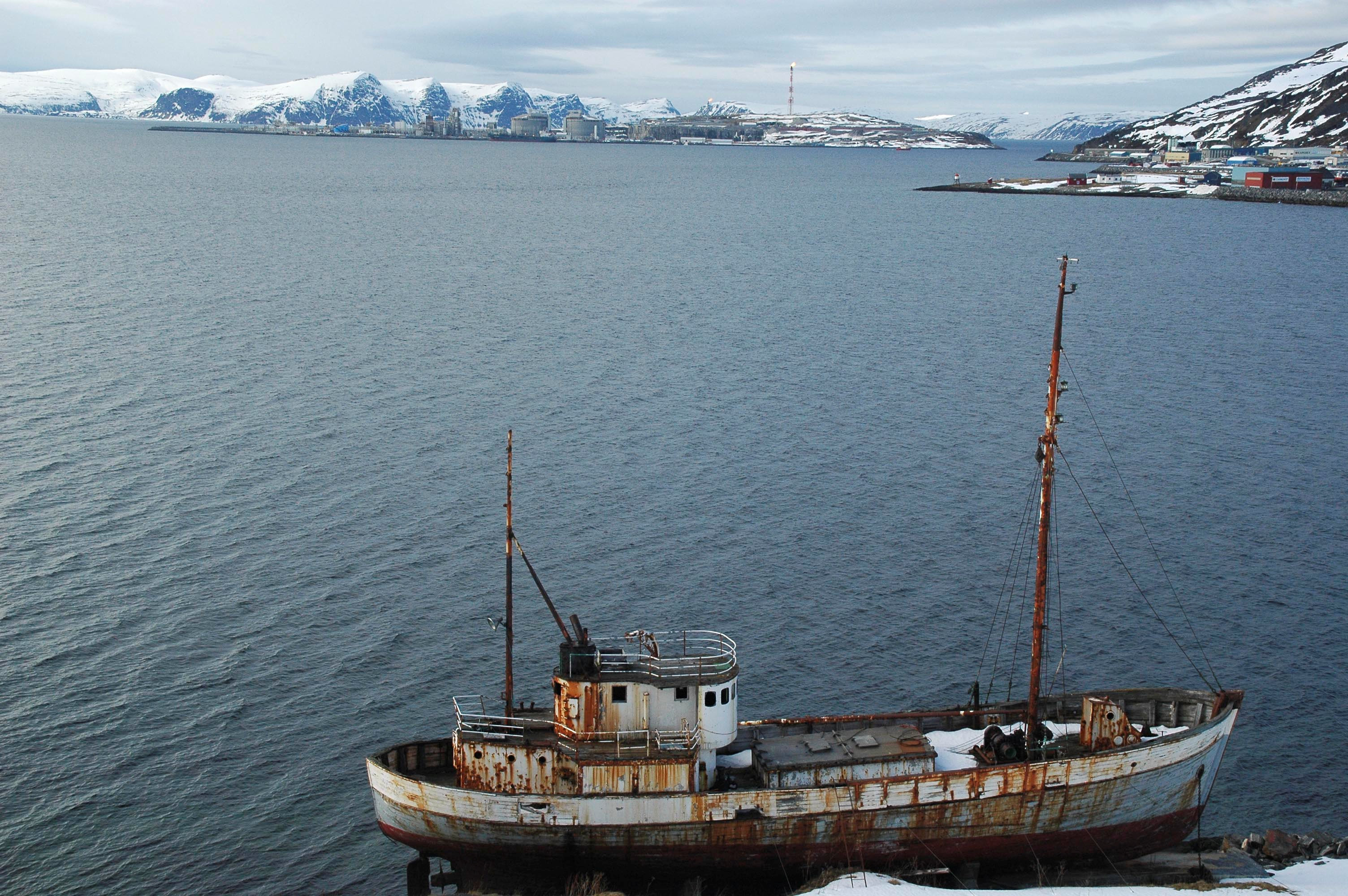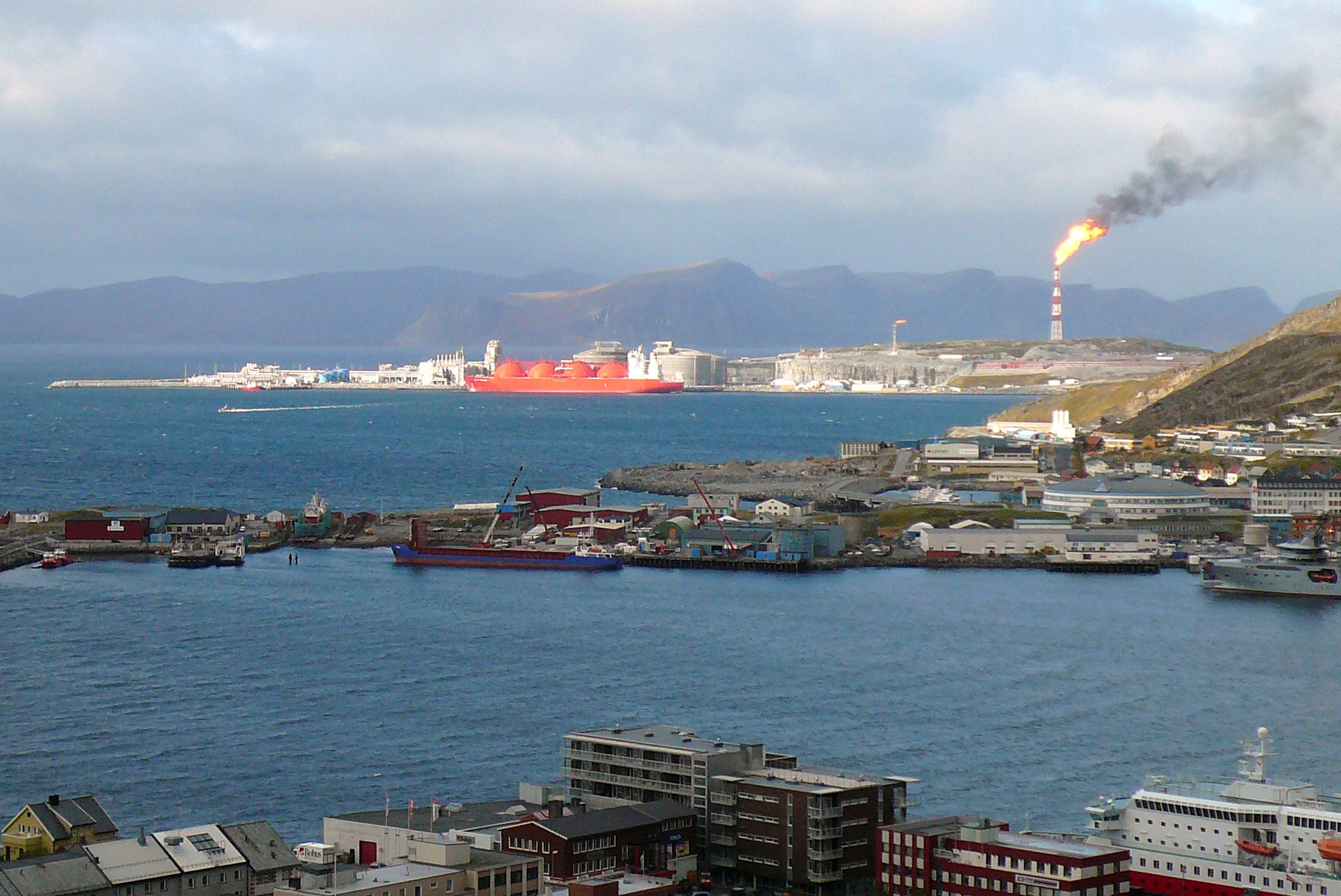Norway doubles Barents Sea oil and gas estimate, alarms green lobby

OSLO — Norway’s portion of the Barents Sea could contain twice as much undiscovered oil and gas as previously thought when a newly mapped area bordering Russia is included, raising the prospect of drilling in environmentally sensitive ice-covered waters.
Norwegian governments have often said they will only drill in ice-free areas in the Arctic, both because companies lack technology to clean up oil spills onto ice and because icebergs can damage drilling installations.
The Norwegian Barents Sea could hold 2.8 billion standard cubic meters (scm) oil equivalent (17.6 billion barrels), including 1.4 billion smc to the southeast of the Svalbard archipelago, the country’s oil regulator said on Tuesday.
While the area to the east of Svalbard evaluated by the Norwegian Petroleum Directorate (NPD) is covered by ice for much of the year, according to satellite data, the extent of sea ice is retreating northwards because of global warming.
Norway’s oil lobby welcomed the prospect of potential activity in the future, although the newly assessed areas will require parliamentary approval for drilling there, something which has long been questioned by environmentalists.
They doubt whether drilling in environmentally sensitive northern areas, which include important fish stocks, should ever be allowed or be profitable due to high Arctic exploration costs.
“This would be like burning money,” Nils Harley Boisen of conservation group WWF said.

(Wojciech Moskwa / Reuters File Photo)
No decision would be made until after parliamentary elections in September, but discussions could start during the next parliament’s four-year term, Norway’s Oil Minister Terje Soeviknes told Reuters.
“The question is how far north you should go and what challenges you get in this part of the shelf,” he said.
Greenpeace said the NPD’s decision to publish estimates for the areas further to the north undermined a long-standing political agreement not to drill in ice-covered waters and put pressure on Oslo to open the area to oil companies.
“This is a clear pressure from the oil industry to open new exploration areas to keep employment, ignoring concerns about environment and profitability,” Truls Gulowsen, head of Greenpeace Norway, told Reuters.
The Norwegian Oil and Gas association, an industry lobby, however, said the new estimates increased confidence about future activity in the Arctic, which could benefit local communities and add jobs.
While exploration has taken place in some parts of the Barents Sea for more than 30 years, only the Goliat oilfield and the Snoehvit natural gas field have so far begun production.
The NPD said separately it expected a record number of exploration wells to be drilled in the Barents Sea this year.
Additional reporting by Joachim Dagenborg.